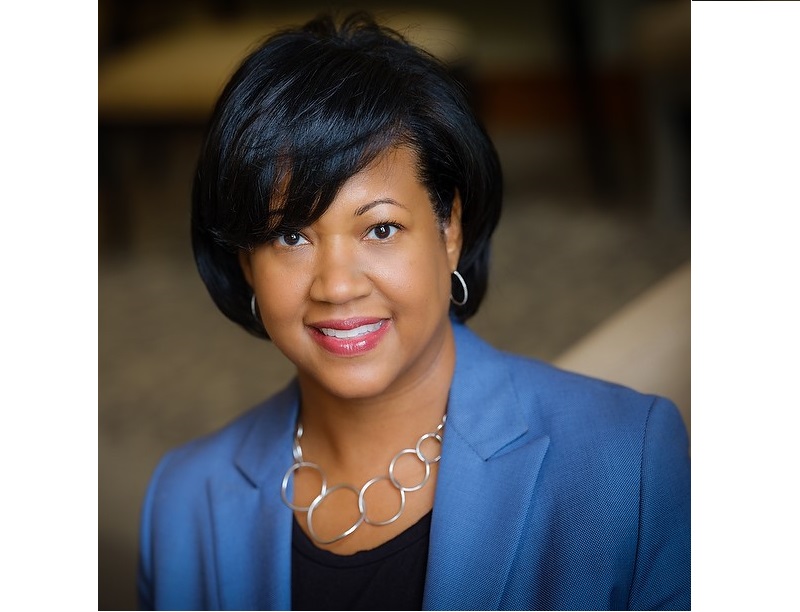A session co-organized with the United Nations Office on Drugs and Crime
The world’s attention has been drawn to the devastating effects that systemic racial inequity in criminal justice systems can have on individual lives and the fabric of society, as powerfully highlighted by the Black Lives Matter movement. The combined effects of racism, poverty, and other intersecting grounds for structural discrimination are closely linked to disproportionate representation of particular groups within criminal justice systems around the world. The international community has recognized the importance of access to justice for sustainable development, including through the United Nations Sustainable Development Goal number 16 (SDG16), which focuses on access to justice and effective, inclusive institutions.
The panels will explore the relationships between racial and ethnic inequality, racial and ethnic discrimination, poverty, access to justice, the disparities suffered by marginalized groups within criminal justice systems, and the effects of these disparities on development outcomes. The panels will provide space for policy-makers, criminal justice practitioners, civil society advocates, and scholars from different regions of the world to share their experiences and practices related to racial inequality in the criminal justice system.
The first panel session will focus on “Racial Inequality in the Criminal Justice System.” The second panel discussion will consider “Police Use of Force and Reforms.” The panelists will explore the role of international organizations (including IFIs), national and local governments and judicial institutions, policymakers, and civil society in addressing these issues. The session will focus on providing key solutions to address racial inequity in criminal justice systems, realize the implementation of UN SDG16, and improve access to justice globally to promote human rights and development.









